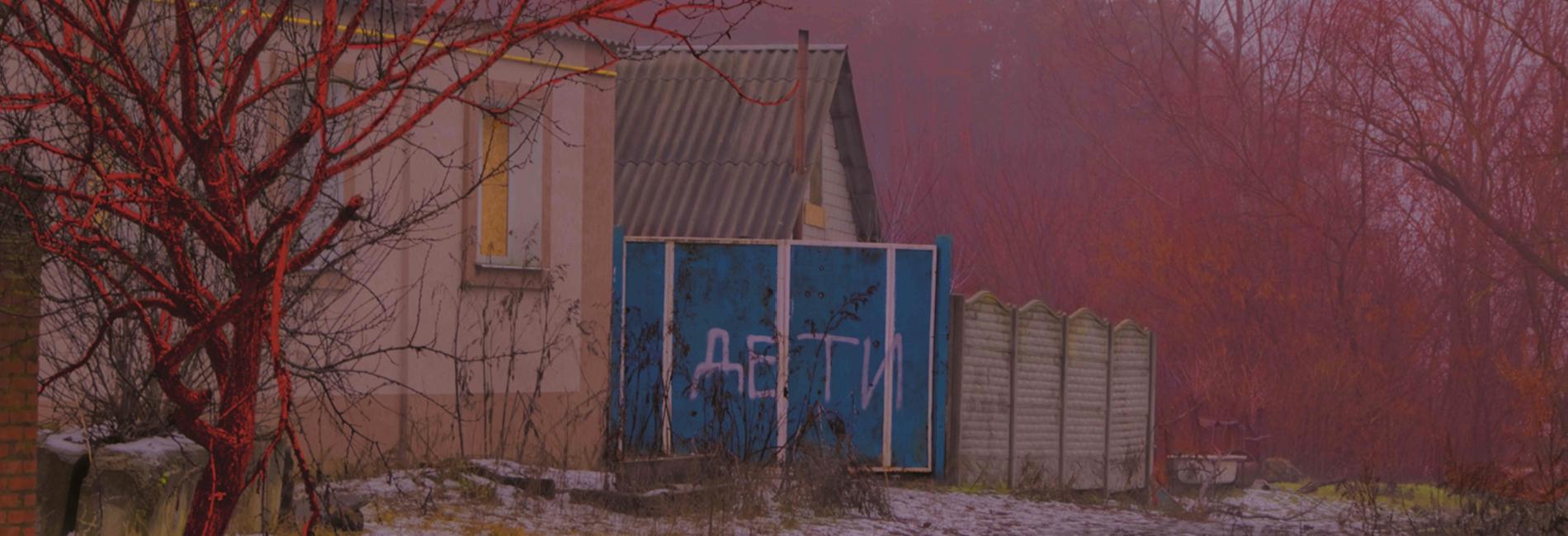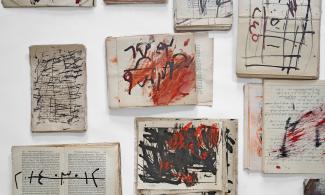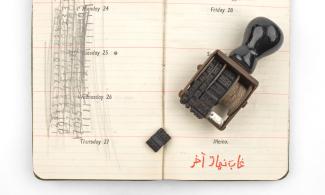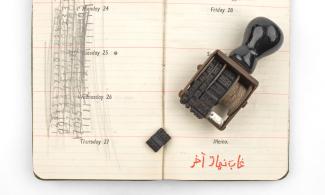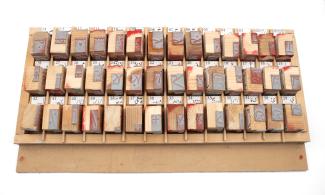Kettle's Yard are pleased to announce A G E N D A, a new series of artist projects that respond to global events and address pressing issues of our time.
Event information
Time
Kettle's Yard, Castle St, Cambridge CB3 0AQ
Kettle's Yard are pleased to announce A G E N D A, a new series of artist projects that respond to global events and address pressing issues of our time.
The series aims to show how a single work of art can offer insight and understanding beyond the 24-hour news cycle.
The first project displays the photograph ‘Deti’ (2023) by Ukrainian artist Yevheniia Laptii (b. 1992, Kharkiv) on the second floor of Kettle’s Yard, outside the Research Space.
At the time of the Russian invasion, Laptii was living in a village near Kharkiv, which became Russian occupied territory. Travelling via Moscow, the artist eventually returned to Ukraine in the autumn of 2022, by which time the Ukrainian army had reclaimed most of the territory east of Kharkiv. ‘Deti’ responds to this moment in the artist’s life, inspired by a photograph she took on her return to the ‘deoccupied’ territories.
The catalyst for Laptii’s display is an article by James Meek in the London Review of Books (Vol. 45 No. 16).
Yevheniia Laptii’s photograph of a village house in Eastern Ukraine is […] cut in half from top to bottom. In the foreground of the left-hand panel is a bare tree suffused with a foggy crimson light; the tree’s redness seems to seep back over the house and the snow, as if one were viewing the scene just after receiving a blow to the back of the head. The word deti – ‘children’ in Russian – has been daubed on the gate to the yard, meaning something like ‘Children live here, and for this reason, spare us.’ Laptii’s cut runs through the word deti, so that the words de and ti appear on separate panels; the phrase de ti means ‘Where are you?’ in Ukrainian. Thousands of Ukrainian children have been illegally taken to Russia since the war began. In its early months, Laptii found herself in Russian-occupied territory. Her family was a few miles away, on the other side of the front line, but the only way she could get there was by making a journey of three thousand miles, through Russia and four other countries.
JAMES MEEK, ‘EVERY FIELD, EVERY YARD’, LONDON REVIEW OF BOOKS, AUGUST 2023
